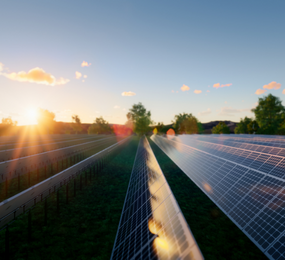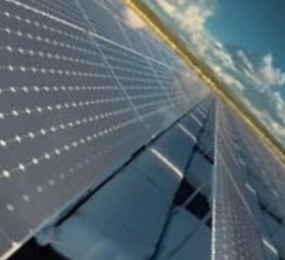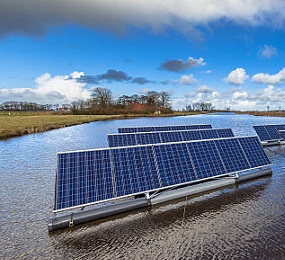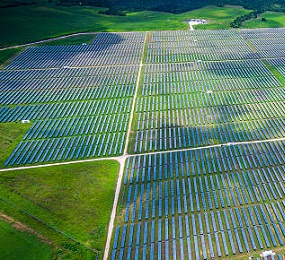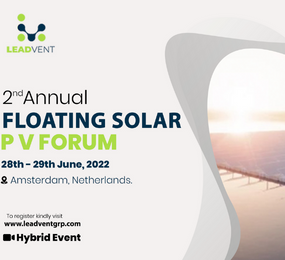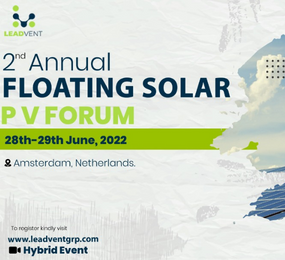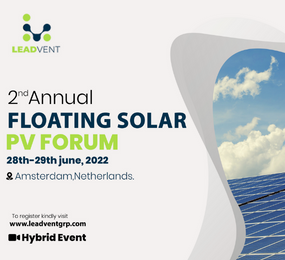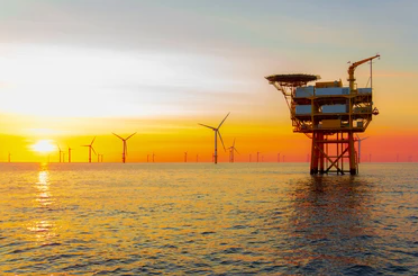As the world strives for more sustainable and efficient energy solutions, hybrid systems that combine multiple renewable energy sources have taken center stage. These configurations offer a promising path toward enhanced energy generation and integration. In the realm of hybrid systems, several emerging research questions are guiding the way forward, sparking innovation and progress.
-
Optimal System Integration: Research is delving into how different energy sources can be optimally integrated within hybrid systems. The goal is to find the perfect combination to maximize energy output while minimizing losses. This research seeks to uncover the ideal design and operation strategies for various hybrid system configurations.
-
Techno-Economic Analysis: To evaluate the economic viability of hybrid systems, research is focusing on comprehensive techno-economic analyses. Which metrics and methodologies can be employed to assess economic performance effectively? How can the sizing and capacity allocation of each energy source within the hybrid system be optimized? These inquiries aim to determine the best practices for the cost-effectiveness of hybrid systems.
-
System Control and Power Management: Efficient control and power management are paramount in ensuring the reliability and performance of hybrid systems. Research explores control algorithms, optimization techniques, and adaptive strategies for maintaining seamless power flow between different energy sources.
-
Energy Storage Technologies: The integration of energy storage systems is a key aspect of hybrid systems, necessitating research into different technologies, such as batteries, pumped hydro storage, or thermal energy storage. Studies aim to uncover how these energy storage technologies can be effectively integrated into hybrid systems to enhance energy utilization and grid stability.
-
Grid Integration and Regulation: Researchers are investigating the integration of hybrid systems with existing grids and the regulatory framework surrounding them. This area addresses questions regarding standards, grid codes, and interconnection requirements.
-
Environmental and Social Impact Assessment: Understanding the environmental and social impacts of hybrid systems is crucial for their sustainable development. Research in this area explores the consequences of hybrid systems on the environment, such as land use, water use, and impacts on ecosystems, and engages in assessing the social acceptance and community engagement aspects of these systems.
By exploring these research questions, we are moving closer to realizing the full potential of hybrid systems. As the renewable energy landscape evolves, these questions provide valuable guidance for industry professionals, researchers, and policymakers, fostering innovation, promoting best practices, and accelerating the deployment of hybrid systems for a cleaner and more sustainable energy future.
To register or learn more about the Forum please check here: https://bit.ly/46Vw6nm
For more information and group participation, contact us: [email protected]



